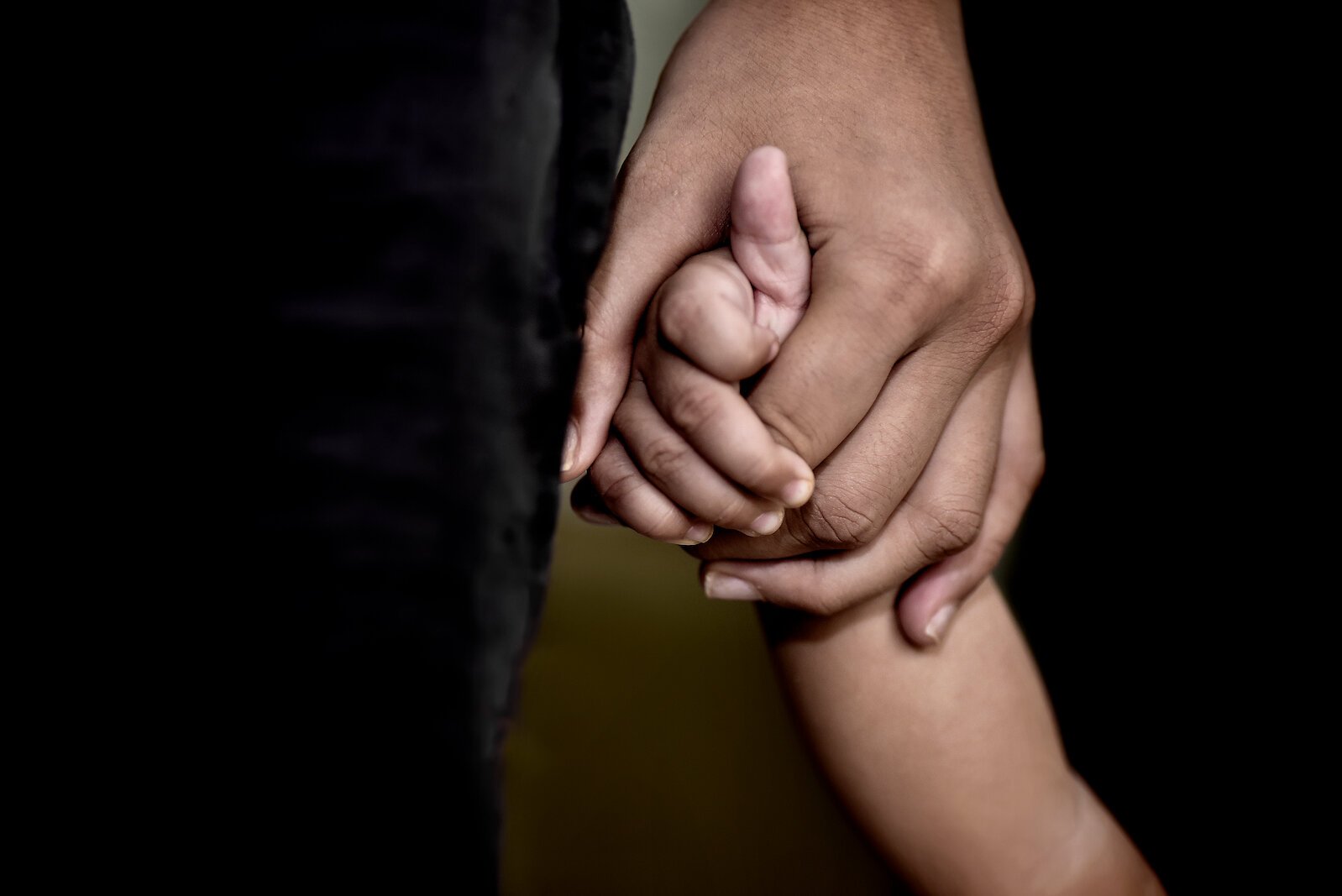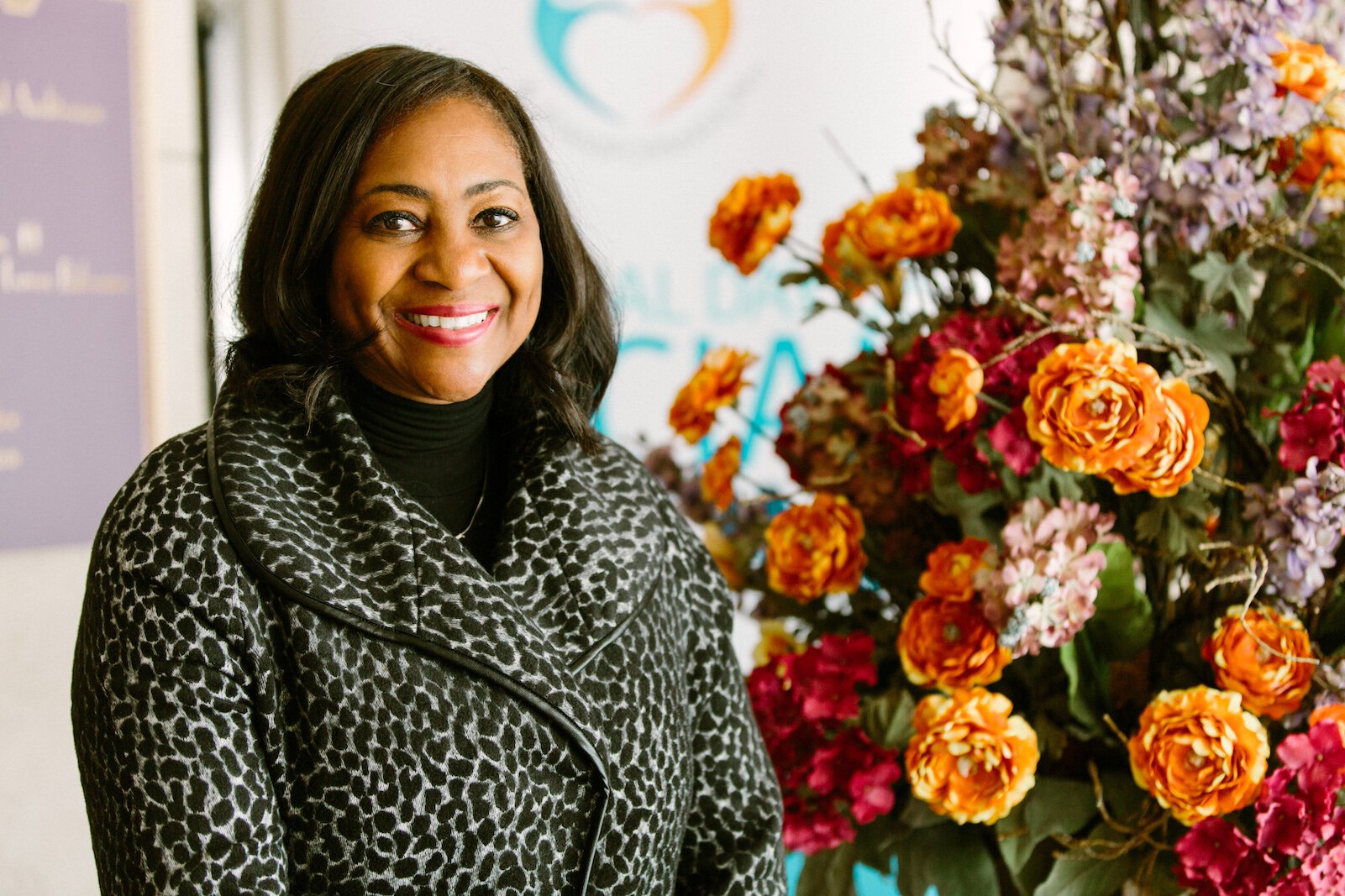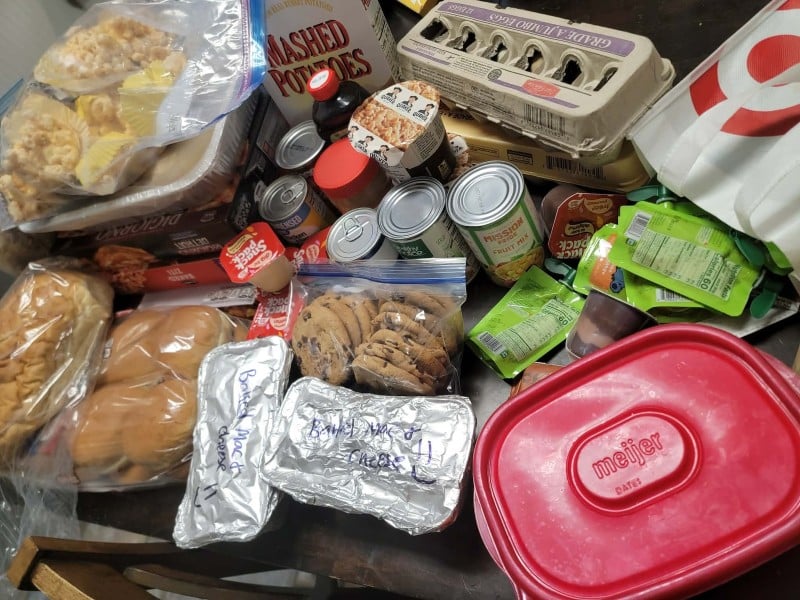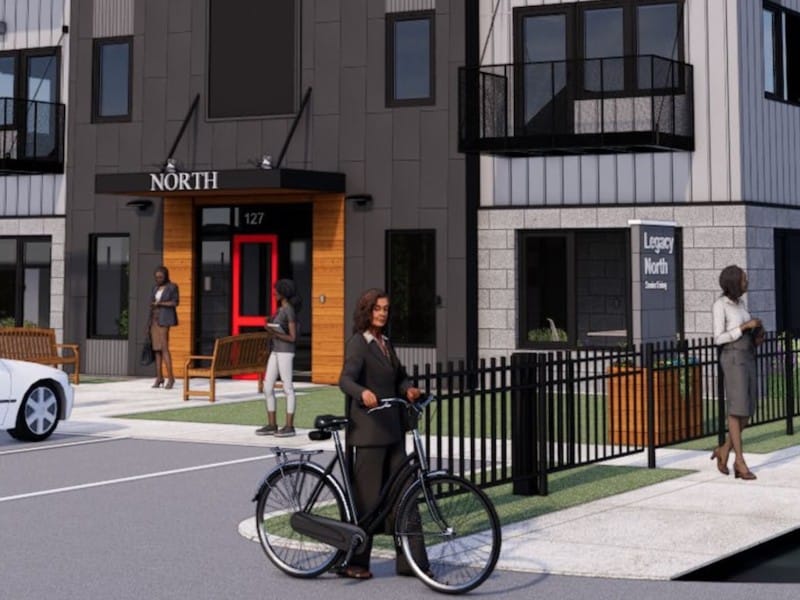The global challenge was created as a way to honor the Foundation’s 90th anniversary and $90 million will be awarded to mark the milestone.
Editor’s note: This story is part of Southwest Michigan Second Wave’s On the Ground Battle Creek series.
A global challenge that seeks bold solutions to drive an equitable future for children, their families, and communities has been issued by the W.K. Kellogg Foundation.
Leaders with WKKF want to make sure that the word “global” doesn’t discourage individuals and organizations in Battle Creek, the region, or the state of Michigan from developing their own bold solutions to transform the systems and institutions that uphold inequity.
Although applications from residents on continents as far away as Africa, Asia, and Australia have been coming in, La June Montgomery Tabron, President and CEO of the WKKF, says, “I think the most important thing I would want people in our local or regional community to know as well as in the state of Michigan and beyond is that they should consider this opportunity, one for our region, and our state.
“I know we’ve spoken about how broad it is, and of course it is, and the need is great. But locally, I want our neighbors and our community residents to believe that they have an opportunity to be a part of this moment and to build the type of change and transformation that we are capable of building for our own community.”
Up to 10 Finalists will be identified and receive $1 million planning grants along with nine months of capacity-building support to further develop their project and strengthen their applications. Final awardees will be selected from the pool of finalists, says Carla Thompson Payton, WKKF’s Vice President for Program Strategy.
The multi-phase challenge – Racial Equity 2030 will culminate in at least three Awardees receiving grants of $20 million each, and at least two Awardees receiving grants of $10 million each for a total of $90 million. The challenge was created as a way to honor the Foundation’s 90th anniversary and the total grant amount is a reflection of that, Thompson Payton says.
“These awards will be paid out over nine years to coincide with the W.K. Kellogg Foundation’s 100th anniversary,” she says.
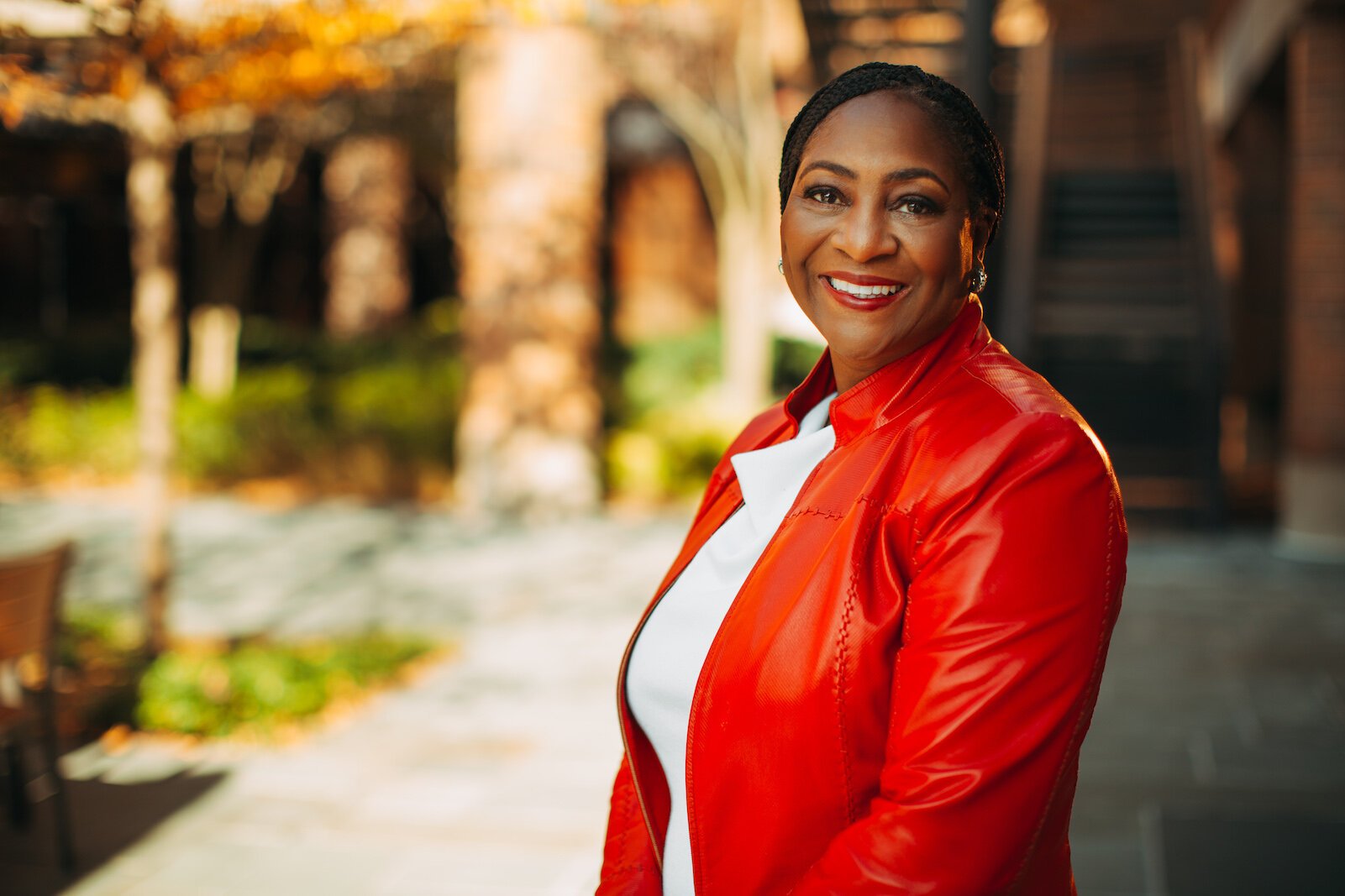
The Foundation had its beginnings in the community when it was founded in 1934 by Will Keith Kellogg for whom it’s named. Kellogg, who also founded the cereal company bearing his name, started the Foundation with $66 million in Kellogg company stock and investments, a donation that would be worth over a billion dollars in today’s economy, according to the book “The Kelloggs: The Battling Brothers of Battle Creek”.
In establishing what would grow to become the world’s third-largest foundation, Will Kellogg said, “It is my hope that the property that kind Providence has brought me may be helpful to many others.”
Montgomery Tabron says W.K Kellogg placed a particular emphasis on improving the lives of children and families, which continues to be the focus of the Foundation’s work.
“We want to share with Battle Creek residents and citizens, as well as the state of Michigan and beyond, this gem that we have in Battle Creek, Michigan that Mr. Kellogg created, the company as well as the Foundation, and that legacy that pushes us to continue to strive for greater opportunities for children and families and for communities to be places where children and families can thrive,” she says, “because the communities themselves are equitable and believe in racial equity and believe in creating opportunities for all so you know the context of this is we live in a great community of Battle Creek and they’re doing this racial equity work as we speak. And what we’re trying to do with racial equity 2030 is to accelerate their work in this community as well as in communities all over the nation and the world.”
Montgomery Tabron says the nation is calling for and demanding greater opportunities for all and for systems that work for everyone. Racial Equity 2030 asks people to dream and think about what systems might look like if people actually came together and built systems that work for everyone, she says.
No parameters, no boundaries
Thompson Payton says the initiative is an opportunity for people to think and reimagine what the world could be if some of the obstacles that many people are facing, both domestically and internationally, based on race or on a history of oppression because of skin color or language or caste, disappeared.
“We wondered what would happen if folks all across the world put their heads together and said let’s reimagine this world and let’s have an opportunity to work as a collective to make this change in this lifetime,” she says. “And so, for racial equity 2030 we didn’t put in a lot of requirements around the ideas of the sorts of work that needs to come forward because we wanted folks to bring forward their bold and creative ideas to rethink and reimagine what their communities can do.”
Outside of being on 501c3 in the U.S. or an entity that can accept charitable contributions globally, the only other real requirement Foundation leadership has is that they want the ideas and efforts to be community-led.
“We want the community to be actively at the table designing the project, evaluating the project, and implementing the project, but outside of that we left it really broad because we want to know what’s the best thinking happening around the world,” Thompson Payton says.
So far, more than 2,000 people have registered on the Racial Equity 2030 website which enables them to ask questions and participate in webinars and more than 800 applications have been started. Registration closes on Jan. 28, 2021, and applications are due by Feb. 25, “which is important for people to know,” Thompson Payton says.
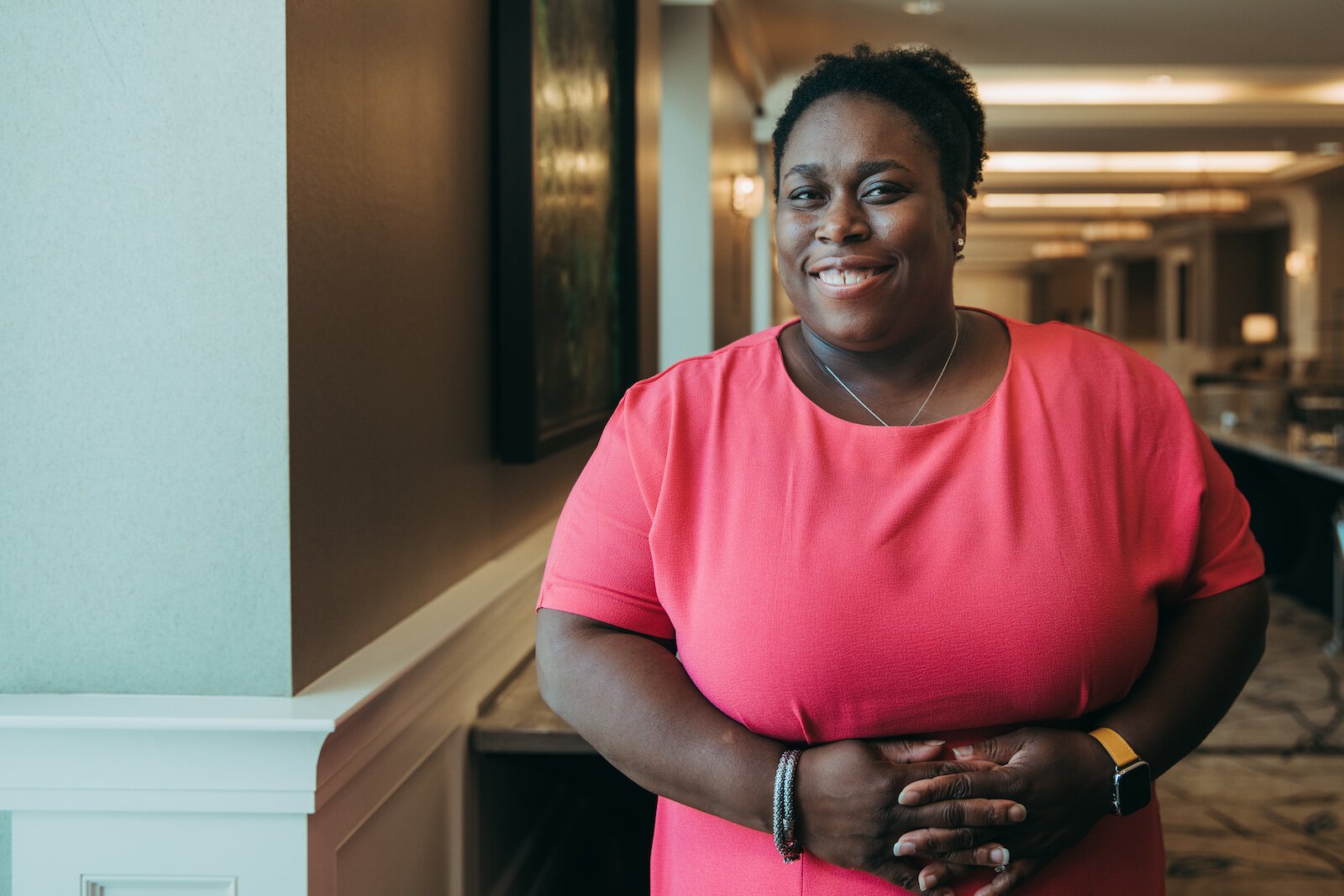
A panel of judges that will include representation from grant applicants, education and healthcare, will select the initial 10 awardees. After they’ve had opportunities to flesh out their ideas, a judging system (Scoring Rubric) will be used to select the five who will share in the $90 million pool of funds.
Those applying, she says, are excited about the opportunity to work in this way and to know that they have resources over a 10-year span that allows them the time to develop their ideas and see the results come to fruition.
Similar to the Foundation’s typical grant-making process there will be agreements and clear deliverables for the awardees, but there also is a recognition that this is not the type of work that’s going to happen in one or two years. Thompson Payton says it’s going to be a 10-year process where those involved with the work will share ideas and learn from each other.
“It’s not ‘Here’s the resources go and do what you will with it.’ It’s really a relationship around how we are learning and growing together and sharing the knowledge that we’re learning with others,” she says. “Because the ideas are bold and the solutions are so complicated and intricate, we wanted to make sure that we created enough space in time for folks to be able to really bring their ideas to fruition.”
2020 shines a harsh light
Montgomery Tabron says you need to look no further than the events of this year to see stark examples of what racial inequity looks like and why Racial Equity 2030 is such a critical part of the work to ensure that everyone has the same abilities to thrive.
She says COVID-19 made visible the racial injustices so many have been confronting for so long.
“You think about those who were more prone to get the virus and then to die from the virus. It came down to what we’ve been talking about as essential workers. And who were those essential workers?” she asks. “They were those who had little opportunities, who were working in very low-wage jobs without health benefits or appropriate health benefits and those who continue to lack the opportunities and would have been a part of systems where there were many inequalities in opportunity, such as education systems, economic systems, and criminal justice systems.
“So when you think about where the disparities come from, you go back to the systemic nature in which this nation and the world is governed and where we live. Those systems have not been built for everyone. Those systems have been built to advantage some and not others, and so in our work when we talk about improving the lives of the most vulnerable children we encounter those systems every day in our work.”
Inequities, she says, are created by people through the decisions they make. “What we are trying to do is bring people together to allow people to learn more about all people so that those decisions that they make can be more effective for all individuals,” Montgomery Tabron says. “So with this racial equity work and in all of our work we connect it to racial healing as well because we don’t believe you can sustain a racial equity agenda if you haven’t gone through a healing process where people are brought together where they have a greater understanding of our history and the truths of others’ histories. Through that knowledge and awareness, the collaboration can happen where people come together and create better systems that work for all.”
Thompson Payton says racial inequity knows no boundaries and is something that every single country is dealing with.
“Regardless of if they’re predominantly one race or not, there’s something that’s prohibiting everyone from having equal access and thriving together,” she says. “What we need to do is continue to have communication, continue to share ideas, continue to see our common humanity, and then recognize that the things that we put forward should benefit all and not just a few.
“And so for us, it just reminds us that we need to continue to double down on the conversations and on sharing the knowledge that we’re learning from our grantee communities and continue to create space for folks to have conversations and get to know each other and understand different points of view.”


